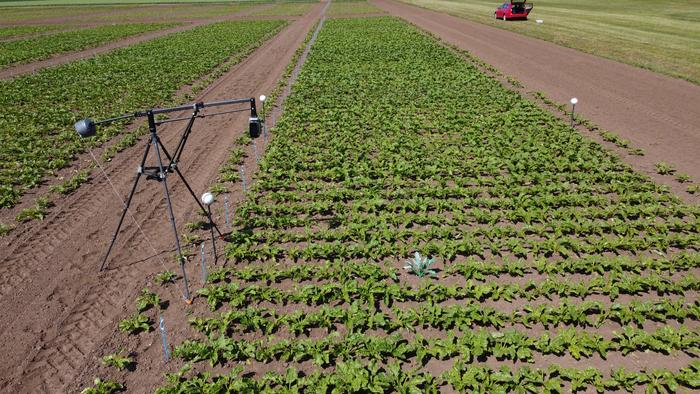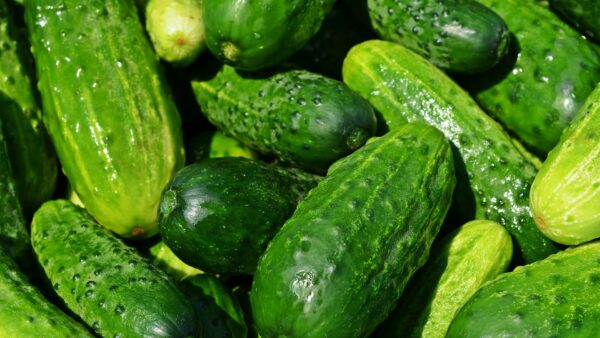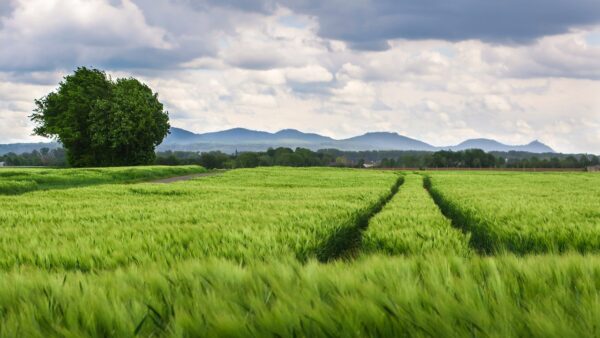A photonics expert from Aston University has been awarded a Royal Society Industry Fellowship grant to develop remote sensing technology that will make crop monitoring easier and more cost-effective.
Dr. Sergey Sergeyev of Aston Institute of Photonic Technologies (AIPT) has received £174,000 to improve polarimetric LIDAR, a technology that uses light to remotely observe plants, according to a press release.
LiDAR, an acronym for Light Detection and Ranging, involves light sent from a transmitter which is reflected from objects. Devices with this technology can be placed on drones and flown over crop fields to provide real-time information about crop health to help farmers forecast the success of their crops.
Polarimetric synthetic-aperture radars (SARs) and polarimetric LiDARs stand out as cutting-edge, budget-friendly sensors for crop monitoring, commonly deployed on aircraft and satellites for over three decades.
Yet, existing polarimetric LiDAR systems suffer from drawbacks such as low spatial resolution, sluggish measurement speeds, and reliance on pricey components, constraining their cost efficiency.
Sergeyev, in partnership with Salford-based digital and AI farming firm Fotenix, is set to address farmers’ demand for an economical solution to assess plant health and hydration levels. Their collaborative effort aims to enhance the recently patented AIPT technology of polarimetric LiDAR, rendering it accessible to farmers across the UK and globally.
The project, called POLIDAR, will run from 2024 to 2025.
“Aston University’s patented technique will be modified by using a laser emitting four time-delayed pulse trains with different states of polarisation,” said Sergeyev. “By comparing the input states of polarisation and states of polarisation of light reflected from plants, it will reveal information about the distance to plants and plants’ leaf texture, such as water stress and pathogen infection. Unlike state-of-the-art solutions we suggest an all-fibre design with a minimum number of bulk components that reduces the footprint, cost and weight.
“My project’s motivation is driven by the global and UK agenda on increased food production, requiring novel remote sensing approaches towards ICT farming.
“As declared at the World Summit on Food Security in 2017, the growth in the world’s population requires increased and more efficient agricultural production.
“Remote sensing is an essential tool to systematically address the challenging task of enhanced agricultural efficiency by providing real-time information about crop traits for yield estimation.”
The announcement coincides with UNESCO Day of Light which marks the role light plays in science, culture and art, education and sustainable development. It is held on 16 May every year, the anniversary of the first successful operation of a laser.












